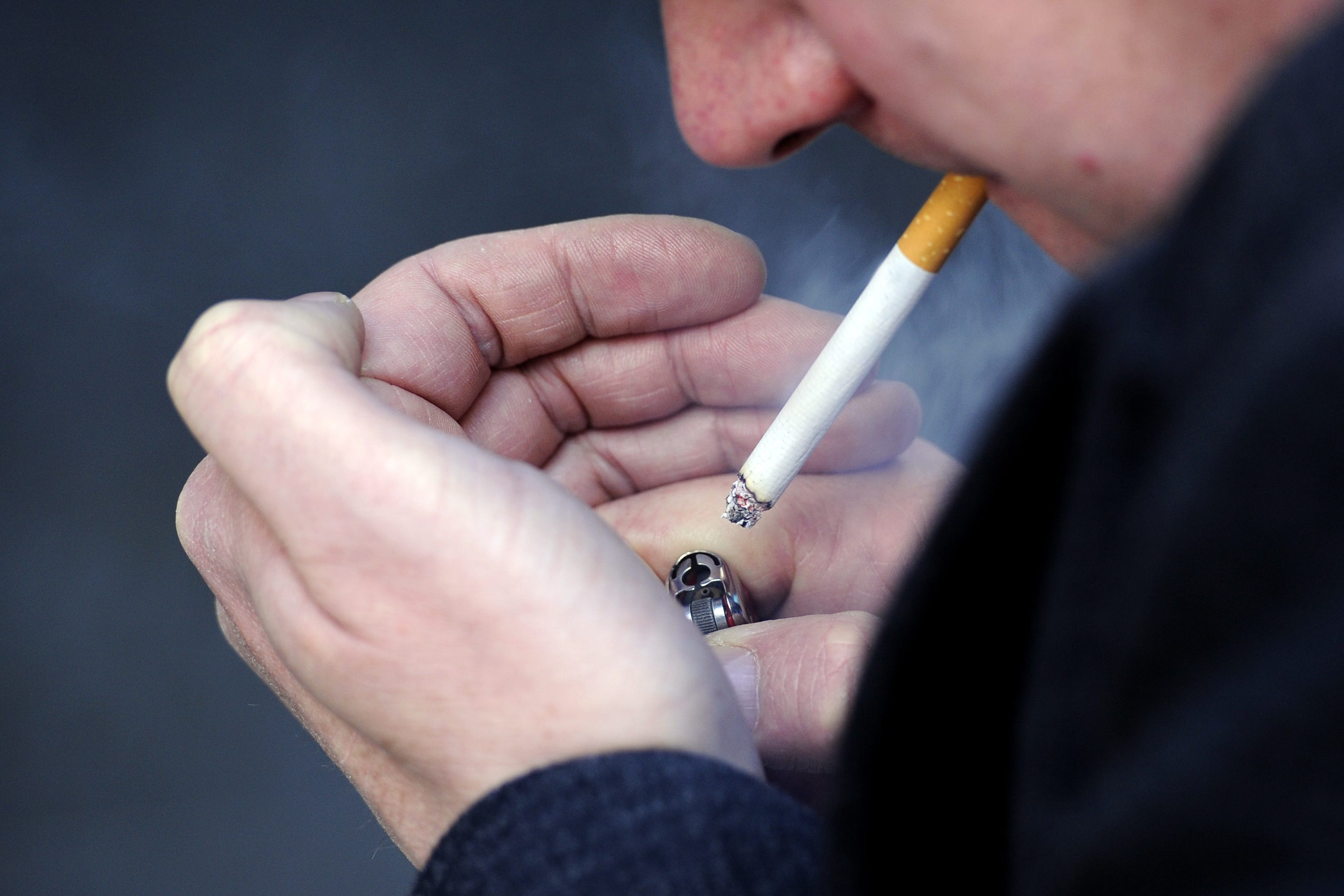Head and neck cancer cases rising in England, report warns
Experts also highlighted ‘stark inequalities’, with people in the most deprived areas twice as likely to develop head and neck cancer

Your support helps us to tell the story
From reproductive rights to climate change to Big Tech, The Independent is on the ground when the story is developing. Whether it's investigating the financials of Elon Musk's pro-Trump PAC or producing our latest documentary, 'The A Word', which shines a light on the American women fighting for reproductive rights, we know how important it is to parse out the facts from the messaging.
At such a critical moment in US history, we need reporters on the ground. Your donation allows us to keep sending journalists to speak to both sides of the story.
The Independent is trusted by Americans across the entire political spectrum. And unlike many other quality news outlets, we choose not to lock Americans out of our reporting and analysis with paywalls. We believe quality journalism should be available to everyone, paid for by those who can afford it.
Your support makes all the difference.Smoking and drinking have contributed to a rise in head and neck cancers in England, according to experts.
Researchers also highlighted “stark inequalities” and “an apparent north/south divide” in cases of the disease.
According to the NHS, there are about 12,400 new cases of head and neck cancer diagnosed every year, with more than 30 areas where cancer can develop.
These include the mouth, lips, voicebox, throat, nose, sinuses and salivary glands.
A new report, prepared by the Office for Health Improvement and Disparities (OHID) and the University of Sheffield, analysed data from 2013 to 2020.
This report, which is the first of its kind, provides the opportunity to galvanise action to reverse these worrying trends
It found cases of head and neck cancer reached 10,735 in England in 2019, prior to the Covid-19 pandemic.
In 2020, 3,469 people died of head and neck cancers, an increase from 3,313 deaths in 2019.
Data for 2021 shows there were more than 11,000 cases recorded.
OHID said the increase has been driven by a rise in oropharyngeal cancer, which starts in the part of the throat just behind the mouth and includes tonsil cancer and cancer in the back of the tongue.
Figures show there were 3,834 new cases of oropharyngeal cancer in 2019, a 47% increase since 2013.
Ali Khurram, a professor and honorary consultant pathologist at the University of Sheffield, added: “Head and neck cancer can have a devastating effect on the lives of people with the disease and their families.
“Although head and neck cancer is one of the most common cancers in England with a significantly worse survival compared to other cancers, its awareness among the public, health professionals and funding organisations is poor.
“This report, which is the first of its kind, provides the opportunity to galvanise action to reverse these worrying trends.”
Rates of these cancers have increased for multiple reasons, according to researchers, including smoking and alcohol consumption.
Prof Khurram said: “There is poor awareness of the disease and the causative factors. We are seeing these cancers in much younger patients now.
“A significant proportion of the increase can be attributed to HPV infection (tonsil cancer), but the majority remain linked to smoking or tobacco chewing and alcohol, which are being increasingly used.
“Poor oral health and socioeconomic factors also contribute to the increased incidence. We also have an increasingly ageing population, who are at a much higher risk of getting these cancers.”
This report shows head and neck cancer is on the increase with stark inequalities across the country and an apparent north/south divide
People living in the most deprived areas are twice as likely to develop head and neck cancer compared to those in wealthier areas, the report found.
More than half (53%) of cases were diagnosed at late stage.
Zoe Marshman, a professor of dental public health at the University of Sheffield and lead author of the report, added: “This report shows head and neck cancer is on the increase with stark inequalities across the country and an apparent north/south divide.
“People living in deprived areas are much more likely to be diagnosed with oral, oropharyngeal and laryngeal cancers and to be diagnosed at a late stage which makes treatment more difficult and survival less likely.
“To address these will require national and local government, NHS organisations and charities to work together to reduce the risk factors for head and neck cancer (such as tobacco use, alcohol consumption and HPV vaccine uptake) which are all things that individuals can struggle to change without help.
“Improved access to health services including local NHS dentistry is one key way to support early detection.”